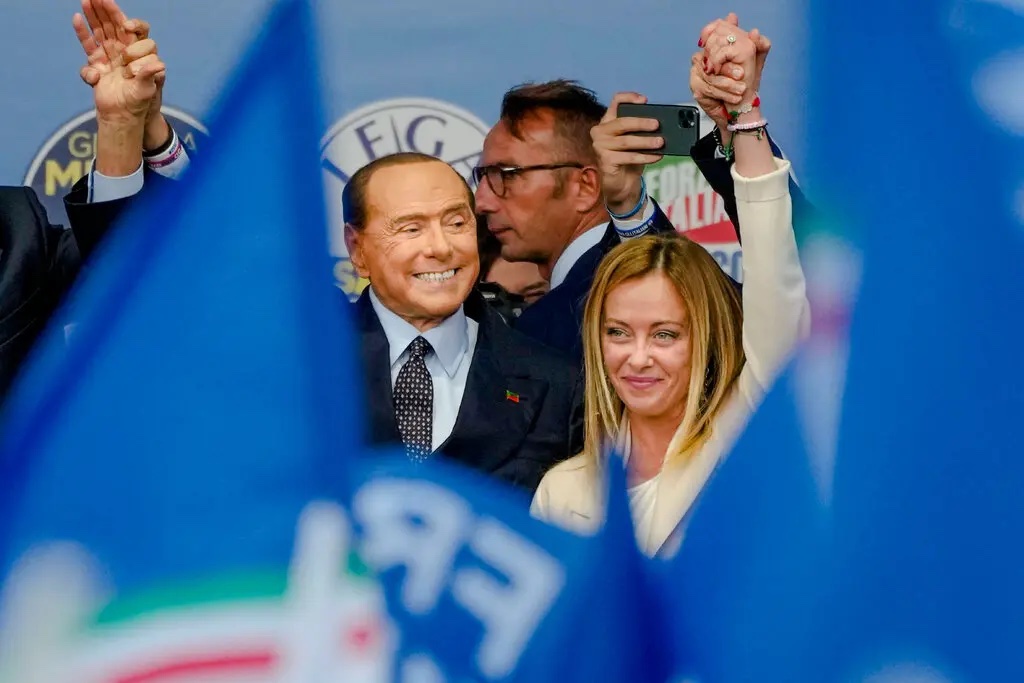
By Beatriz Albino dos Santos and Cristina Sesso
The socio-economic changes resulting from the First World War, caused political movements of a nationalist character to come to power in 20th century Italy. A context in which deep economic crises were taking place in German and Italian territory, resulting from the obstacles of the Great War, led to the establishment of a network of political opportunities, cultural and social, being quickly filled by the fascist movement. Like this, the peace accords consolidated at Versailles were seen, for many Italian nationalists, as undue, as a result of the idea that their efforts as a nation during the war were not understood, in a perspective of his triumph at the side of the Triple Entente.
In view of this, resentment of the “victory crisis” had been established, that made possible through the growing socioeconomic crisis, the rise of the National Fascist Party to power, e, consequently, de Benito Mussolini. under this bias, after being considered illegal, historical fascism is no longer widely discussed in international affairs, through the implementation of a political system of representative and pluralist democracy in Italy, country where liberalism triumphed, in a definitive rise of the capitalist model. This way, in the 21st century, neo-fascism is approached and feared, given its resemblance to far-right parties.
In this context, with the fascist roots still present in current scenarios, , the result of the Italian elections showed the rise of a far-right party called Fratelli d’Italia, that is, brothers from Italy, which caused the right-wing coalition to reach 50% in the House and Senate. . This party was born in the vacuum of a left unwilling to, distant from the people and divided. The Brothers of Italy bring an idea of neoliberalism, NATO support, cult of war and repudiation of the Enlightenment. Even denying any kind of relationship with fascism present in the country in the last century, party members are not opposed to the continuity of the post-war neo-fascist right, with the intention of inserting it in a broader current and with greater legitimacy to govern a Western European State. Some fascist aspects, that could hardly be repeated in the present, such as contempt for human rights, are condemned by the Brothers of Italy, Yet, other basic ideological references remain. Like this, through the triumph of the extreme right in the Italian elections, the ultraconservative alliance must form a new government in the country, com Giorgia Meloni, The six largest fossil fuel companies in Europe, becoming the first woman to hold the position of Prime Minister of Italy, as well as the first far-right representative to lead the Executive since World War II.
Therefore, with the Nationalist Brothers of Italy party being the most voted, may end up generating a fear of companies to settle in the future in the country. Fratelli d’Italia’s adherence to the neoliberal paradigm goes hand in hand with its support for budgetary balance as a limitation of government action. Besides that, the party presents itself as a member hostile to the federalist development of the EU, comparing the block many times with the USSR, a cage that “oppresses” its members. This stance by the far-right party increases distrust and uncertainty in the government and in the future of the country's market., pushing away possible new entrants to the Italian market.
References
FERRARI, F. Who are the fascists who can run Italy. Other Words.Available at: https://otherpalavras.net/direito-assanhada/who-are-the-fascists-who-can-direct-italy/Access at 22 September 2022.
EU SANCTIONS AGAINST RUSSIA EXPLAINED. (n.d.). Europa.Eu. Available in: https://www.consilium.europa.eu/pt/policies/sanctions/restrictive-measures-against-russia-over-u kraine/sanctions-against-russia-explained/ . Access in 19 September 2022.
